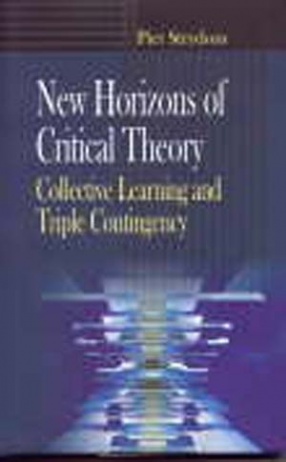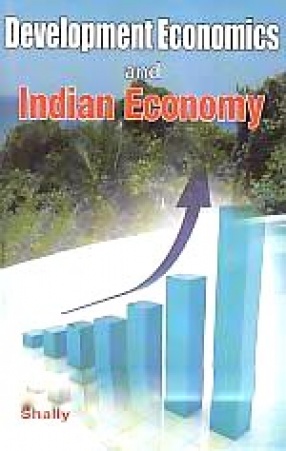New Horizons of Critical Theory is unique in tracing a central process of immanent criticism and rethinking of critical theory over the past two decades. Although starting from Jurgen Habermas' communicative turn in critical theory, it followos an alternative interpretation which is made possible by the introduction of a more specific social scientific rather than philosophical mode of reasoning. Its contribution lies in articulating the concepts of collective learning and triple contingency (the threefold structure of communication) and bringing them to bear on a range of concerns of contemporary relevance. The critical theory approach to collective identity, social movements, public communication or discourse, the role of the public in communication societies, the construction of society, and evolution is clarified and also applied to the South African liberation movement, the discourse about environmental responsibility, world creation through risk communication, and the models of cosmopolitanism guiding the learning processes generating the emerging global society. In a series of tightly argued essays, the volume demonstrates central shifts in horizon which inform contemporary critical theory, in part by engaging critically with the work of scholars such as Jurgen Habermas, Karl-Otto Apel, Talcott Parsons, Niklas Luhmann, Axel Honneth, Klaus Eder, Thomas McCarthy, Bernhard Giesen, Tom Burns, and Gerard Delanty.
New Horizons of Critical Theory: Collective Learning and Triple Contingency
In stock
Free & Quick Delivery Worldwide
reviews
Bibliographic information
Title
New Horizons of Critical Theory: Collective Learning and Triple Contingency
Author
Edition
Ist ed.
Publisher
Shipra Publications, 2009
ISBN
8175414495
Length
xliii+332 p.
Subjects





There are no reviews yet.